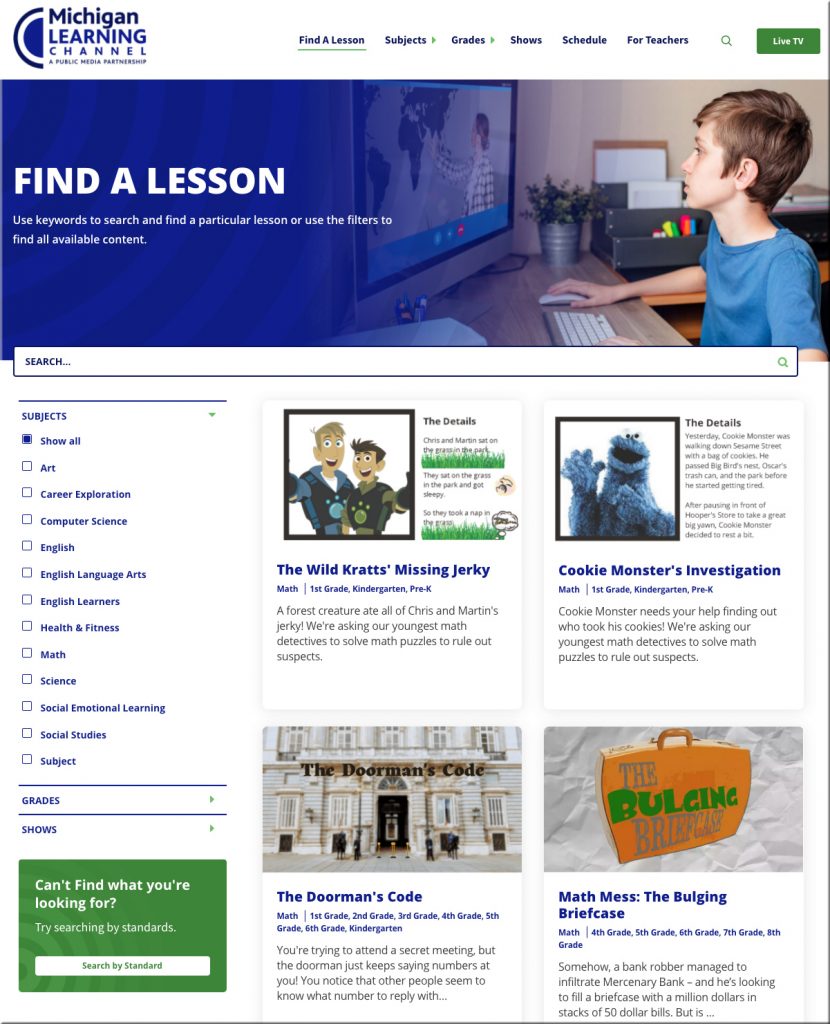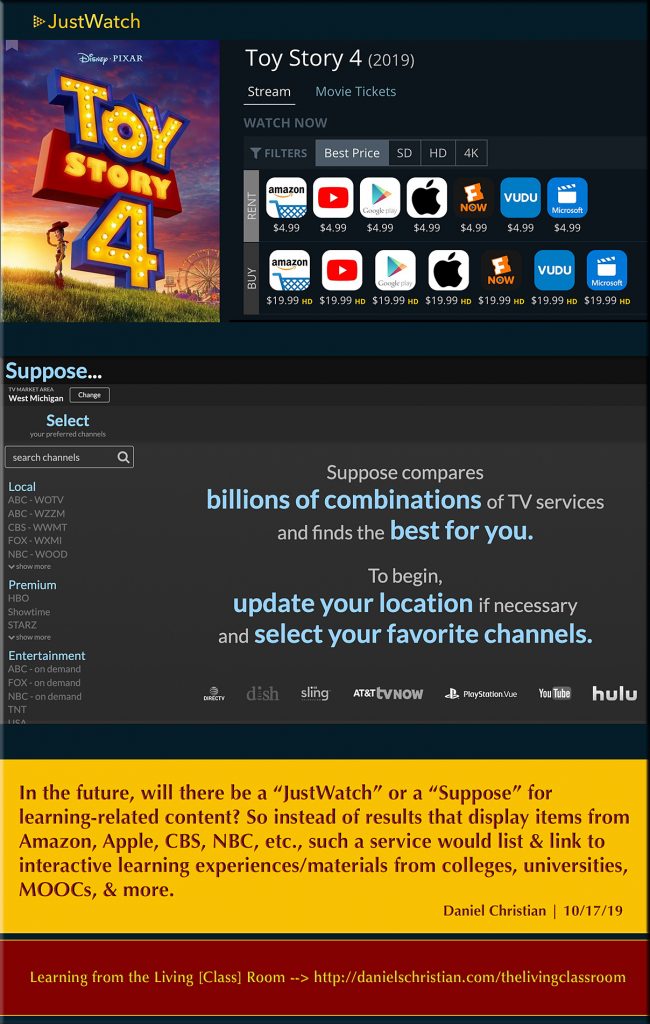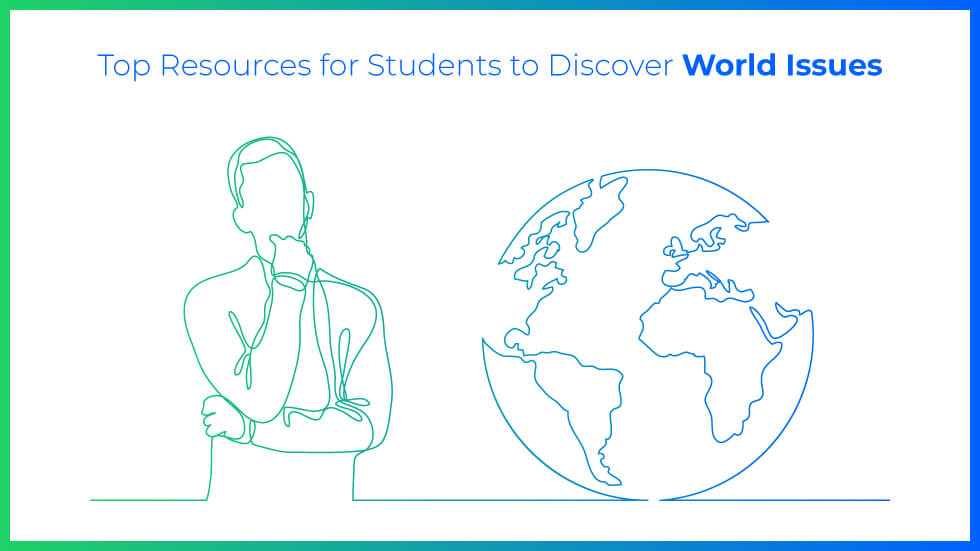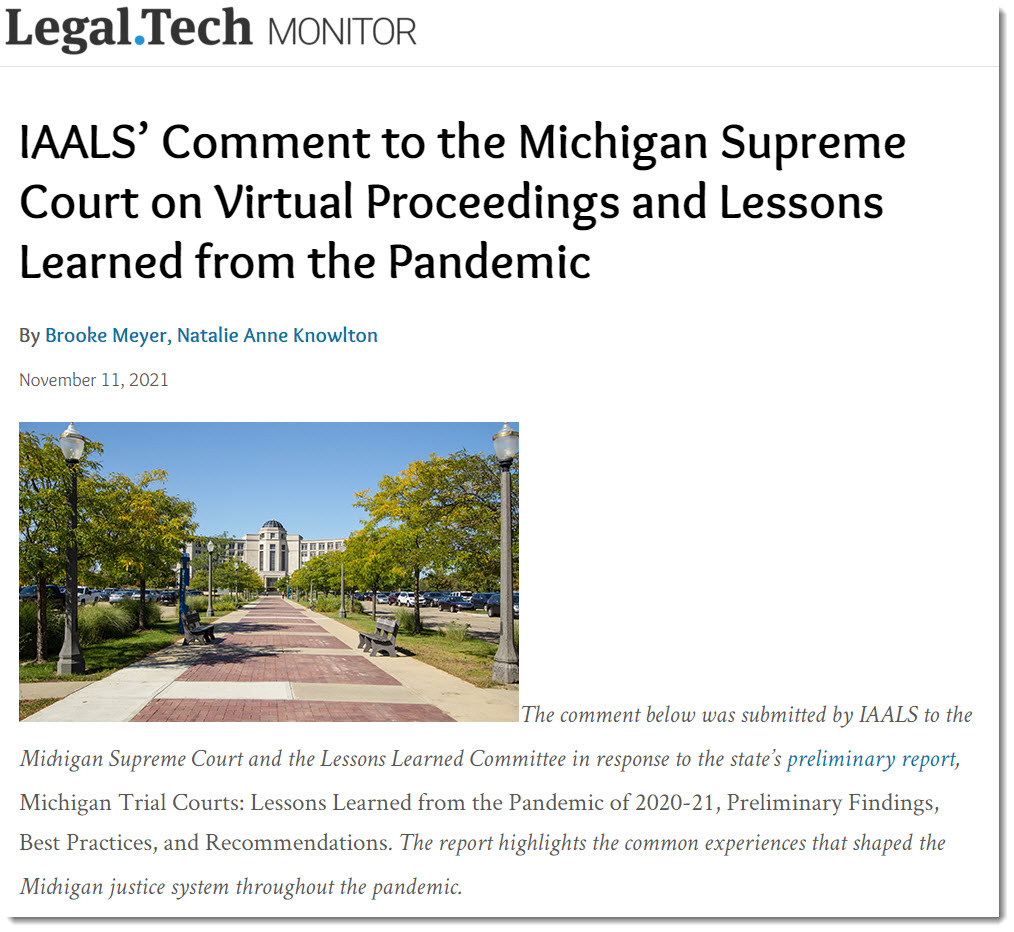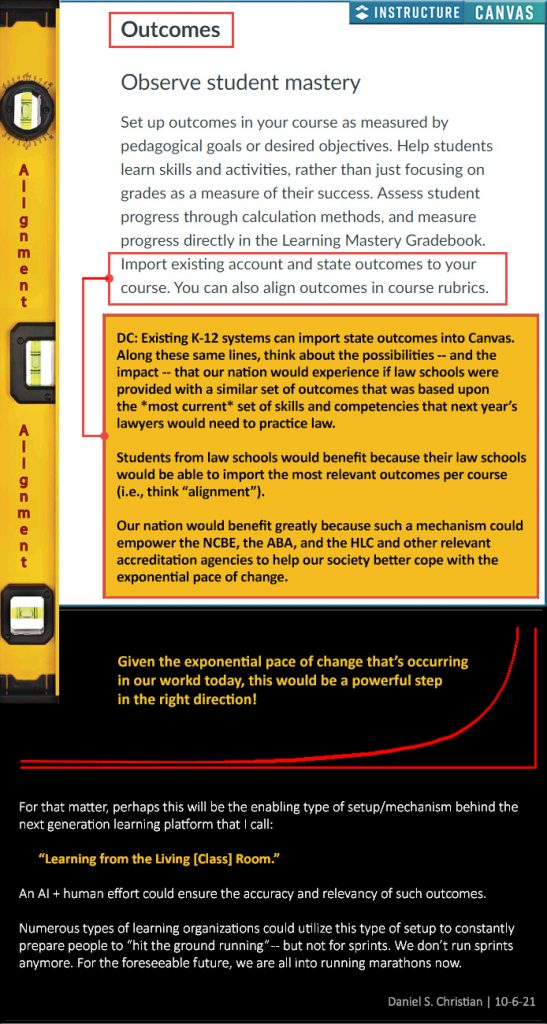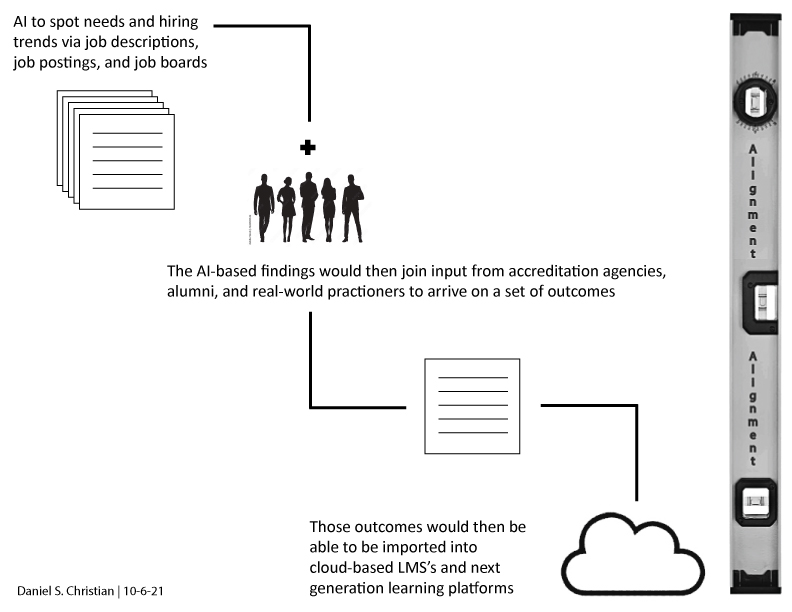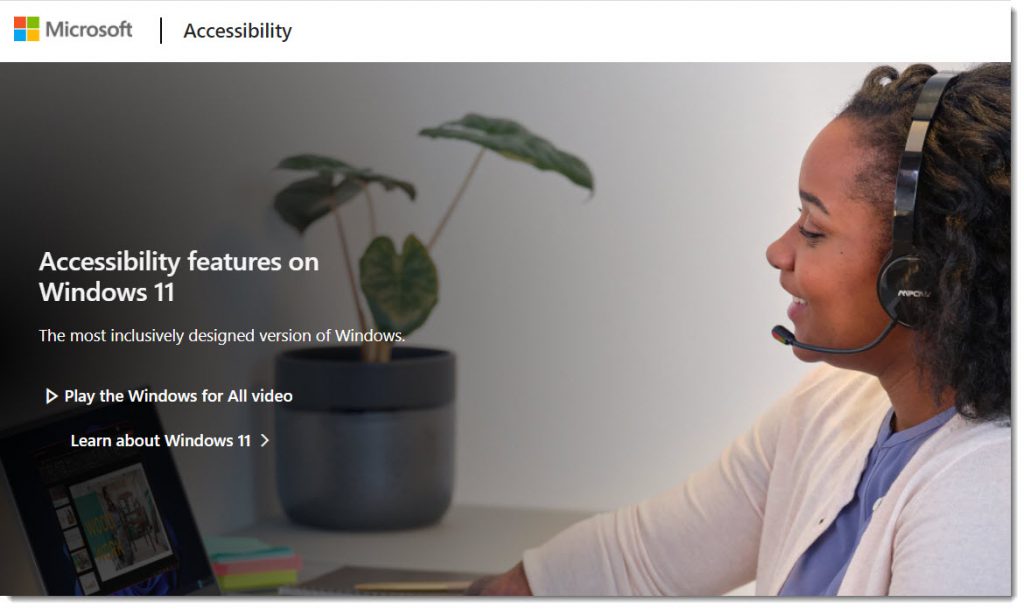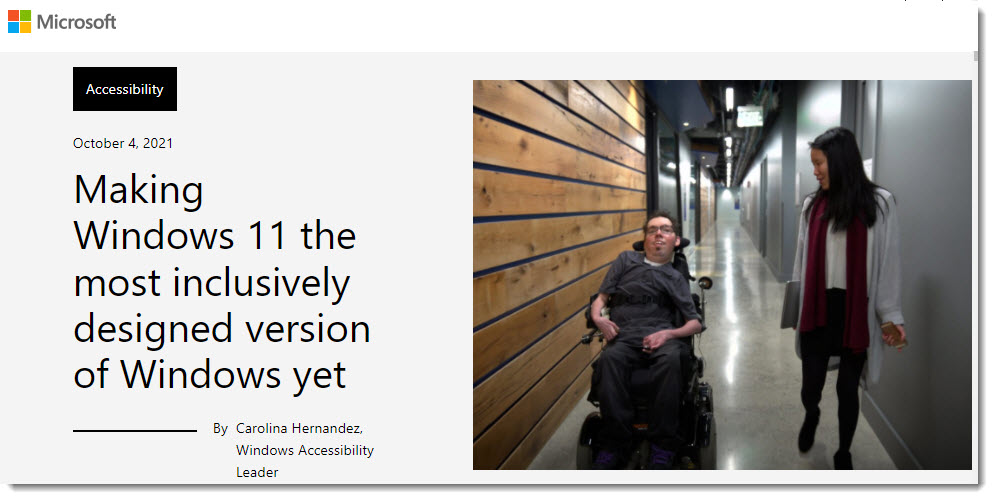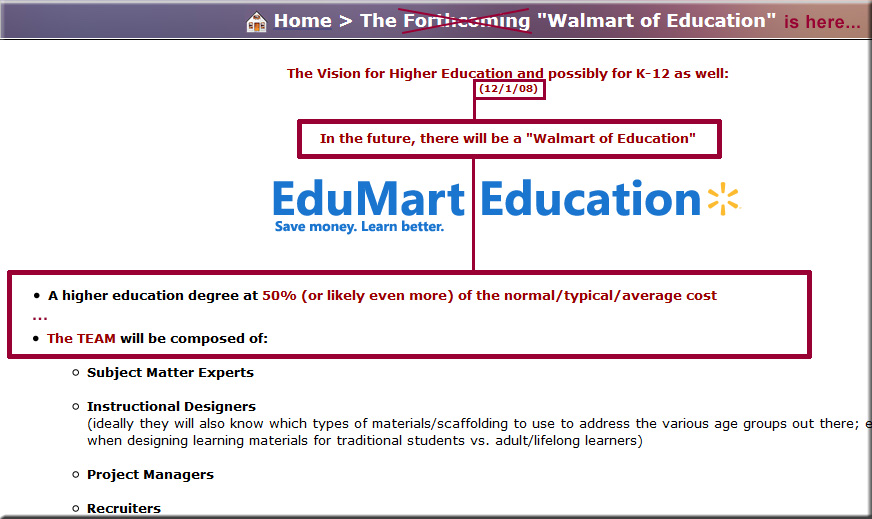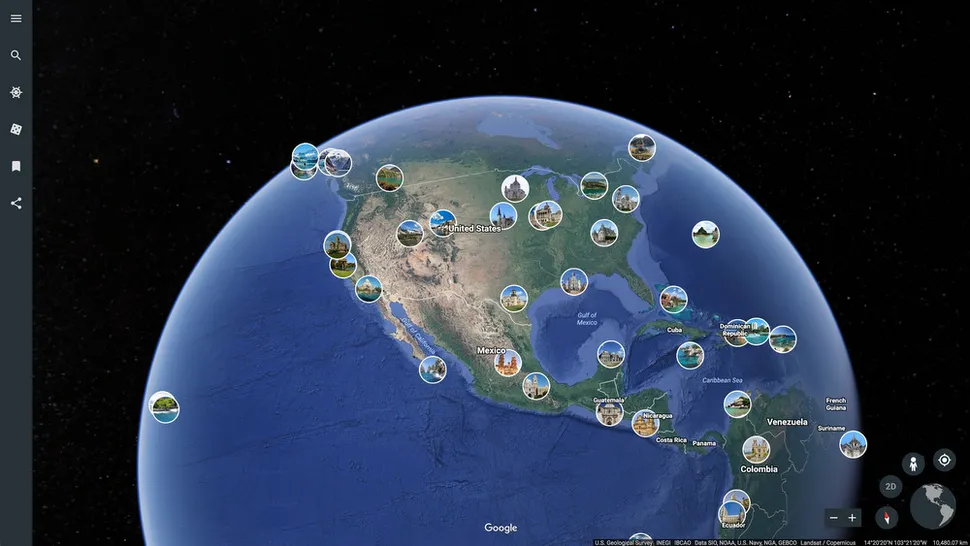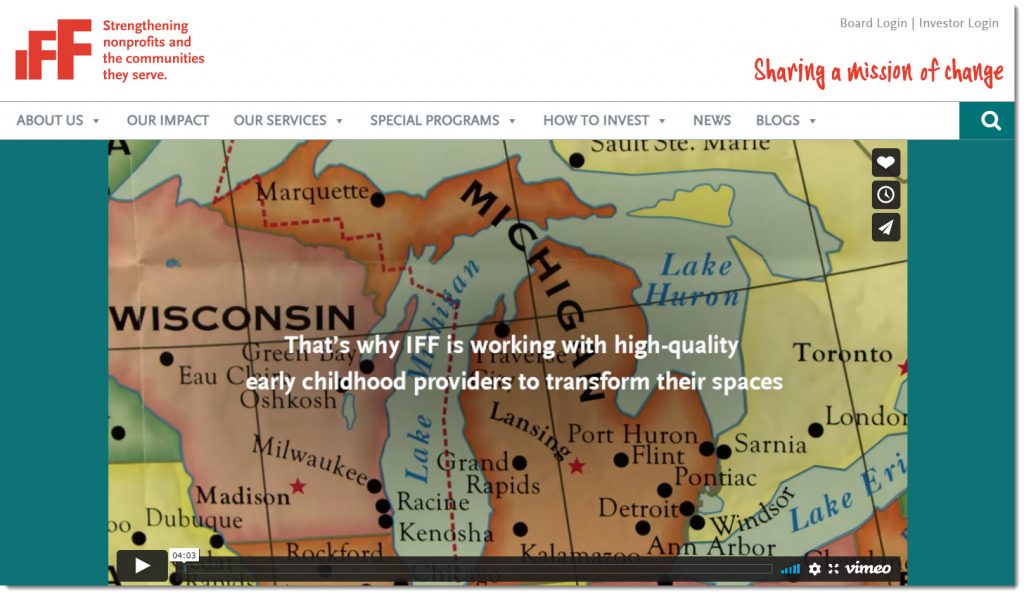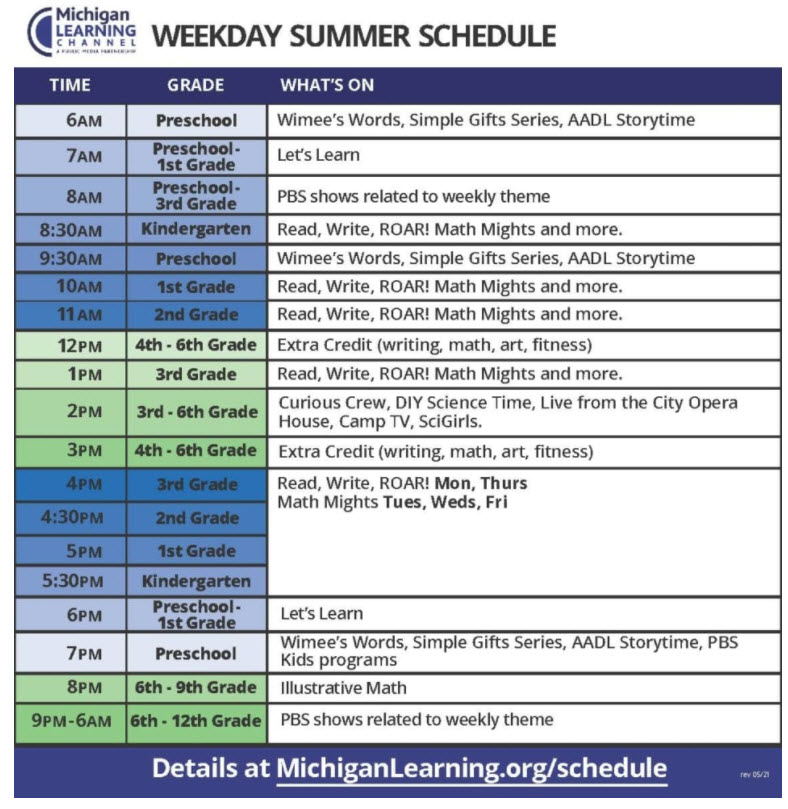Michigan Chief Justice Bridget Mary McCormack on the Transformative Possibilities of this Moment — from law.upenn.edu with Michigan Chief Justice Bridget Mary McCormack
Excerpt:
Bridget Mary McCormack is Chief Justice of the Michigan Supreme Court and is a leading voice on modernizing court systems to expand access to justice and deepen public confidence in legal systems.
On this episode, she joins us to share her thoughts on how courts can learn from the experiences COVID-19 has created to better serve the public in a post-pandemic world. She also shares her views on how regulatory reform can transform legal services and why improving legal systems matters for the entire American experiment.
Addendum on 12/13/21:
Ontario Court Lays Down the Law on Technology Competence and Video Proceedings — from legaltechmonitor.com by Bob Ambrogi
An Ontario judge has laid down the law on technology competence, ruling in no uncertain terms that every lawyer has a duty to keep pace with changing technology, and that a lawyer’s discomfort with new technologies — in this case, video depositions — is no excuse for reverting to pre-pandemic methods.
IAALS’ Comment to the Michigan Supreme Court on Virtual Proceedings and Lessons Learned from the Pandemic — from legaltechmonitor.com by Broke Meyer and Natalie Anne Knowlton
Excerpt:
IAALS, a nonpartisan, non-profit research organization, looks at ways to improve the legal system, specifically in the areas of civil justice, family justice, the judiciary, legal education, and the legal profession. IAALS has been monitoring court practices around the country as it relates to policies around virtual proceedings. As part of our Paths to Justice Summit Series, IAALS has held several virtual convenings with a diverse group of experts and stakeholders across the justice systems. From those convenings, IAALS published two issue papers, “Learning from this Nationwide Pilot Project—Reducing the Costs and Delays of Civil Litigation” and “Learning from this Nationwide Pilot Project—Ensuring Access to Justice in High-Volume Cases.” Both papers focus on lessons learned, upcoming challenges, and areas for further research. In this spirit, we hope to provide a broad perspective on the importance of retaining some of the virtual proceeding processes put in place during the pandemic.
After many years of urging reform in these cases, we have witnessed incredible innovation and adaptability in the Michigan court system during a crisis. IAALS and other leaders in civil justice reform have urged many of these reforms—such as remote hearings—for years, and we have now seen these innovations happen on the ground. Michigan should capitalize on the unique opportunity to evaluate and learn from these changes to improve access to justice.
From DSC:
The articles below made me wonder…what will lawyers, judges, and legislators need to know about Bitcoin, Ethereum, and other cryptocurrencies? (#EmergingTechnologies)
- Bitcoin Is Boosting Cryptocurrency Firms’ Market Cap, Leaving Apple In the Dust — from interestingengineering.com by Ameya Paleja
Money is changing. - Bitcoin: Who owns it, who mines it, who’s breaking the law — from mitsloan.mit.edu by Betsy Vereckey
Also see:
Making Windows 11 the most inclusively designed version of Windows yet — from blogs.windows.com by Carolina Hernandez
Five Tips for Launching an Online Writing Group — from scholarlyteacher.com by Kristina Rouech, Betsy VanDeuesen, Holly Hoffman, & Jennifer Majorana — who are all from Central Michigan University
Excerpt:
Making time for writing can be difficult at any stage of your career. Pushing writing aside for grading, lesson planning, meeting with students, and committee work is too easy. However, writing is a necessary part of our careers and has the added benefit of helping us stay current with our practice and knowledge in our field. Lee and Boud (2003) stress that groups should focus on developing peer relationships and writing identity, increasing productivity, and sharing practical writing. Online writing groups can help us accomplish this. With the impact of the COVID-19 pandemic, working online has become a necessity, but it can take time to figure out what works best for you and your writing colleagues. We recommend five tips to help you establish an online writing group that is productive and enjoyable for all participants.









